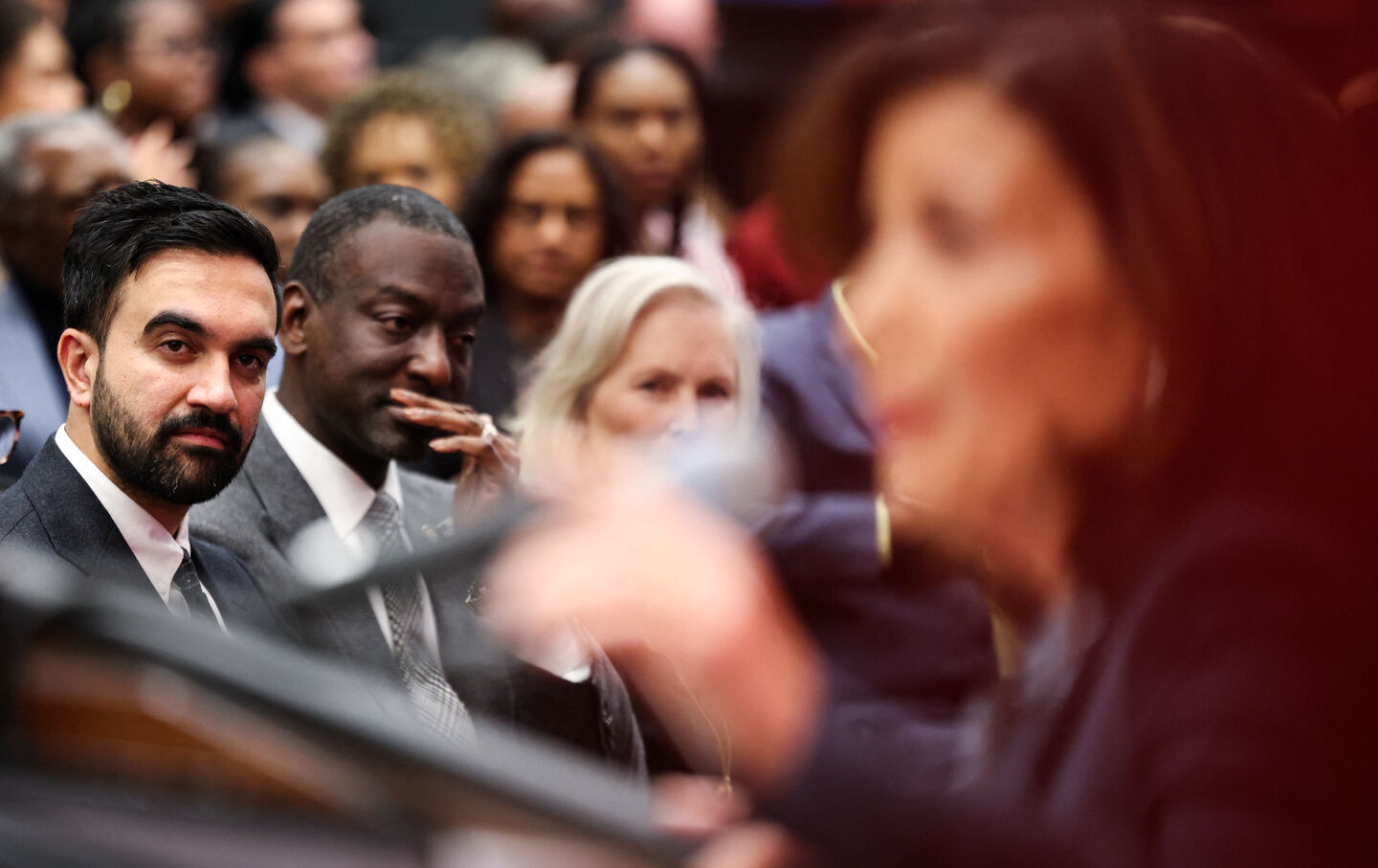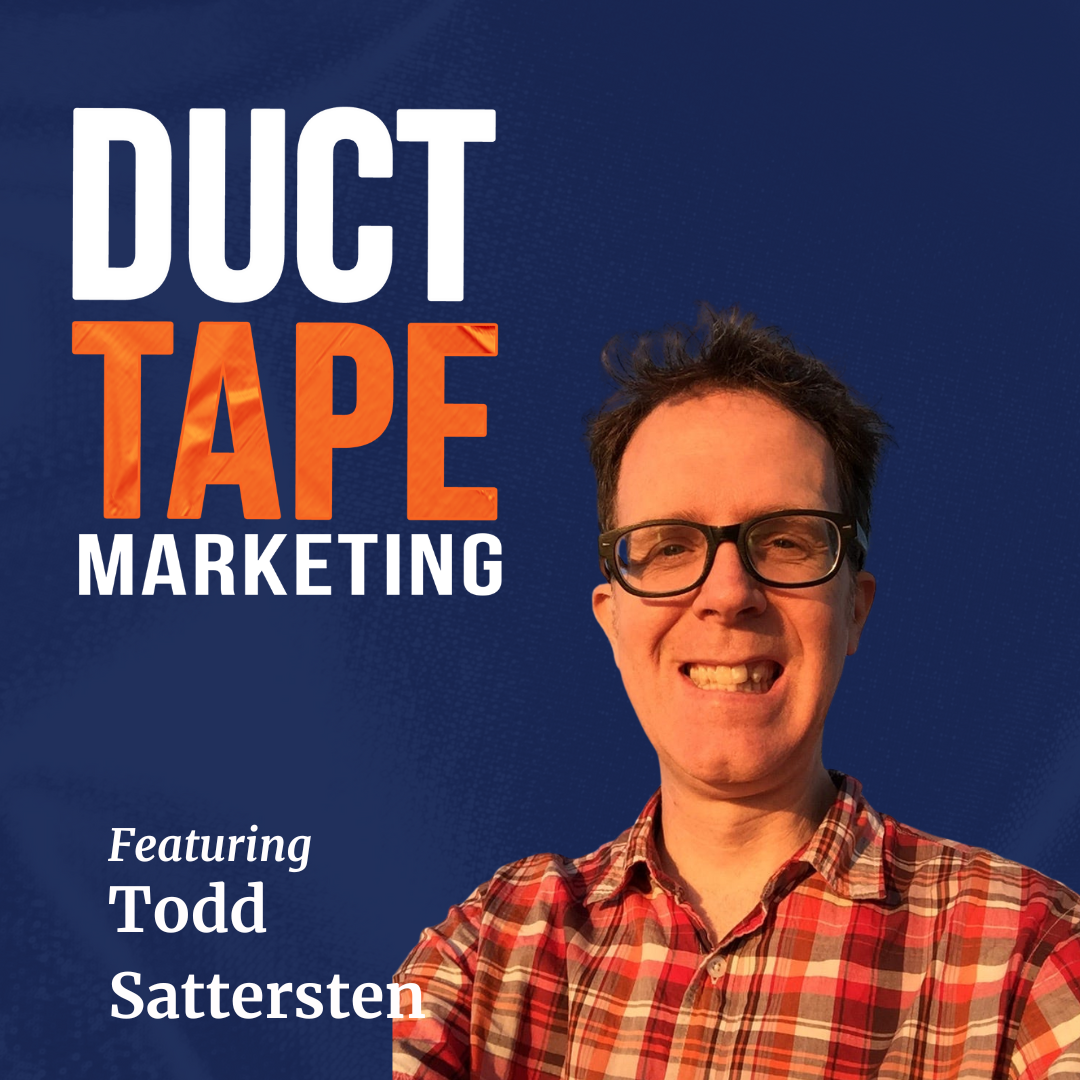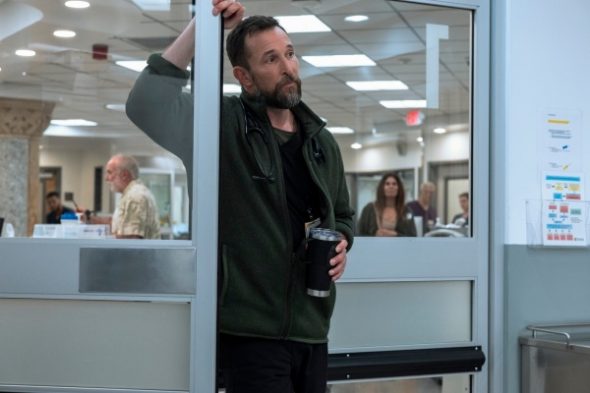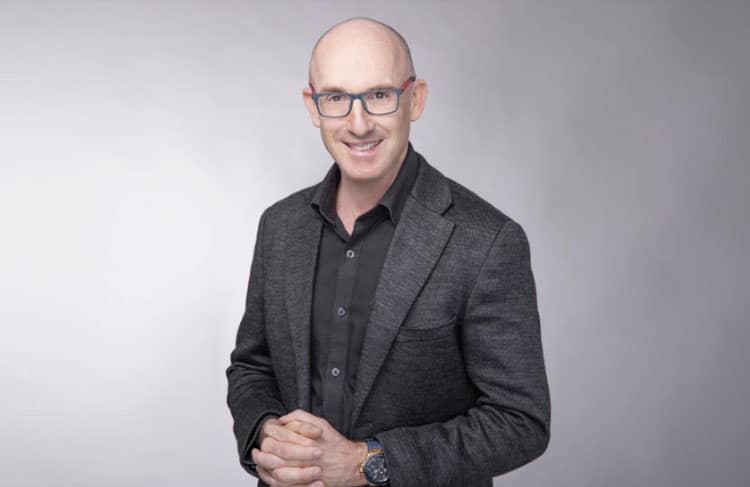[ad_1]
Since stepping into the role of CEO of Ogen in 2016, Sagi Balasha has overseen Ogen’s evolution from a traditional interest-free loan provider into a comprehensive social financial institution. In this Q&A, Sagi Balasha, shares insights into the organization’s transformative journey in the social finance sector, discussing the organization’s innovative approaches to supporting underserved communities in Israel, the critical role of collaboration, and how Ogen is addressing the complex challenges brought about by the ongoing war. He also sheds light on the organization’s future plans, leadership during crisis, and the holistic support provided to help families rebuild their lives.
Ogen has been a pioneer in social finance for over three decades. Can you share how the organization has changed in that time, particularly since you became CEO in 2016?
Since taking on the role of CEO in 2016, I’ve focused on reshaping Ogen from a traditional interest-free loan provider into a multifaceted social finance institution. Our origins as the Israel Free Loan Association (IFLA) gave us a strong foundation, but to meet the growing needs of Israeli society, we needed to expand beyond conventional lending. We’ve introduced innovative blended social financial models, including impact investments, credit lines, and social bonds, which have not only diversified our funding sources but also significantly increased our lending capacity.
Between 2019 and 2022 alone, we saw a 400% growth in credit activity, and we have also acquired/merged with other organizations that have added financial coaching and mentoring capacity. By evolving into what can now be described as a ‘social financial institution,’ we’ve broadened our services to include a range of financial tools tailored for underserved communities, ensuring that we can provide both immediate support and long-term solutions. This transformation has allowed us to play a pivotal role in fostering economic resilience, particularly in times of crisis.
Collaboration seems to be key to Ogen’s recent efforts, especially with local authorities and service providers. How important has this collaboration been, and what role do partnerships play in ensuring the success of your initiatives?
Collaboration is at the heart of everything we do at Ogen. The complexities of the challenges faced by communities—especially those affected by the ongoing war—demand a multi-dimensional approach that no single organization can provide on its own. Our partnerships with philanthropic partners, Impact investors, commercial banks, the government of Israel, nonprofit organizations, and professional service providers allow us to deliver a suite of comprehensive services that go far beyond financial aid.
These collaborations enable us to address the full spectrum of needs—from providing credit to all sorts of financial coaching and mentoring—ensuring that families can rebuild holistically. For example, the ‘Ogen for the Future’ initiative is a direct result of these partnerships, and it’s through these collaborative efforts that we can maximize our impact. By working with a philanthropic partner (The Arison Family Foundation), a government agency (the Israeli Class Action Fund) and a partner organization (Citizen Impact) that share our values, we not only expand our reach but also deepen the effectiveness of our interventions, ensuring that we’re truly empowering communities.
The ongoing war in Israel has displaced many families, and Ogen is providing not only financial support but also mental health and vocational guidance. How do you see these combined services helping families rebuild their lives and regain stability?
In times of crisis, addressing the multifaceted challenges families face requires more than just financial assistance. The combination of financial support, mental health counseling, and vocational guidance we offer is crucial for a holistic recovery. Displaced families are not only dealing with economic hardships but also emotional trauma and the need to re-enter the workforce, often under difficult conditions.
Since the start of the war, we have raised $70 million from philanthropic sources and $70 million from impact loans and bank credit lines, in order to serve our communities. With that funding, we have launched 10 designated emergency loan programs and 5 mentoring and financial coaching programs for small businesses and families affected by the war.
By working with a partner organization, Citizen Impact, who provide mental health support and vocational training, we’re helping individuals and families rebuild both their emotional and economic resilience. Our one-on-one sessions are designed to offer personalized solutions—whether it’s helping someone navigate the complexities of unemployment or providing tailored financial planning to help them stabilize in the long term.
This comprehensive approach ensures that families can regain a sense of normalcy and build a sustainable future, even as they continue to face significant challenges.
Looking ahead, what are the next steps for Ogen as the organization continues to evolve and support the recovery of communities in Israel? How do you envision Ogen’s long-term role in rebuilding after the war?
Ogen’s long-term vision is focused on creating sustainable recovery pathways for communities affected by the war, while continuing to adapt to the evolving needs of Israeli society.
In the immediate term, we’ll continue to scale up our financial and support services to groups most in need such as military reservists, farmers and small businesses, ensuring that we’re addressing both urgent needs and the broader, systemic issues that hinder economic stability. In the long run, Ogen aims to become a cornerstone of Israel’s social finance infrastructure, facilitating not only recovery but also growth.
We envision playing a key role in the economic rebuilding of Israel by continuing to provide accessible financial services, mentorship, and holistic support. Our goal is to foster an inclusive economy where marginalized and underserved populations have the financial tools and resources needed to thrive in a post-crisis environment.
What leadership principles have guided you during this time of crisis, and how do you ensure that Ogen stays true to its mission while navigating such unprecedented challenges?
Leadership in times of crisis requires a balance of resilience, adaptability, and a steadfast commitment to our core mission. Throughout this period, I’ve been guided by principles that prioritize the well-being of the communities we serve while remaining agile enough to respond to rapidly changing circumstances.
Resilience has been key—ensuring that we remain focused on long-term impact, even in the face of short-term adversity. Adaptability has also been crucial, as we’ve had to continuously innovate our service offerings to meet the evolving needs of those affected by the war.
At the same time, I’ve maintained a deep commitment to open and transparent communication, both within our organization and with the communities we serve. By staying closely attuned to their needs, we’ve been able to remain true to our mission of fostering economic resilience and social empowerment, ensuring that our efforts continue to have a meaningful and lasting impact across Israel.
Have you read?
Wilhelmsen Ship Management Announces Leadership Transition as Carl Schou Retires After 19 Years.
David Steward Named Wealthiest African-American, Surpassing Robert Smith.
Mitek Systems Appoints Ed West as CEO, Marking a New Era of Leadership.
Aviation Pioneer Martin Schröder Passes Away at 93, Leaving a Lasting Legacy.
New Leadership Takes Flight at the Australian Airports Association.
Add CEOWORLD magazine to your Google News feed.
Follow CEOWORLD magazine headlines on: Google News, LinkedIn, Twitter, and Facebook.
Copyright 2024 The CEOWORLD magazine. All rights reserved. This material (and any extract from it) must not be copied, redistributed or placed on any website, without CEOWORLD magazine’ prior written consent. For media queries, please contact: info@ceoworld.biz
[ad_2]
Original Source Link




















































![Best Practices for LinkedIn Thought Leader Ads [Infographic] Best Practices for LinkedIn Thought Leader Ads [Infographic]](https://www.socialmediatoday.com/static/img/play.svg?500116090725)










